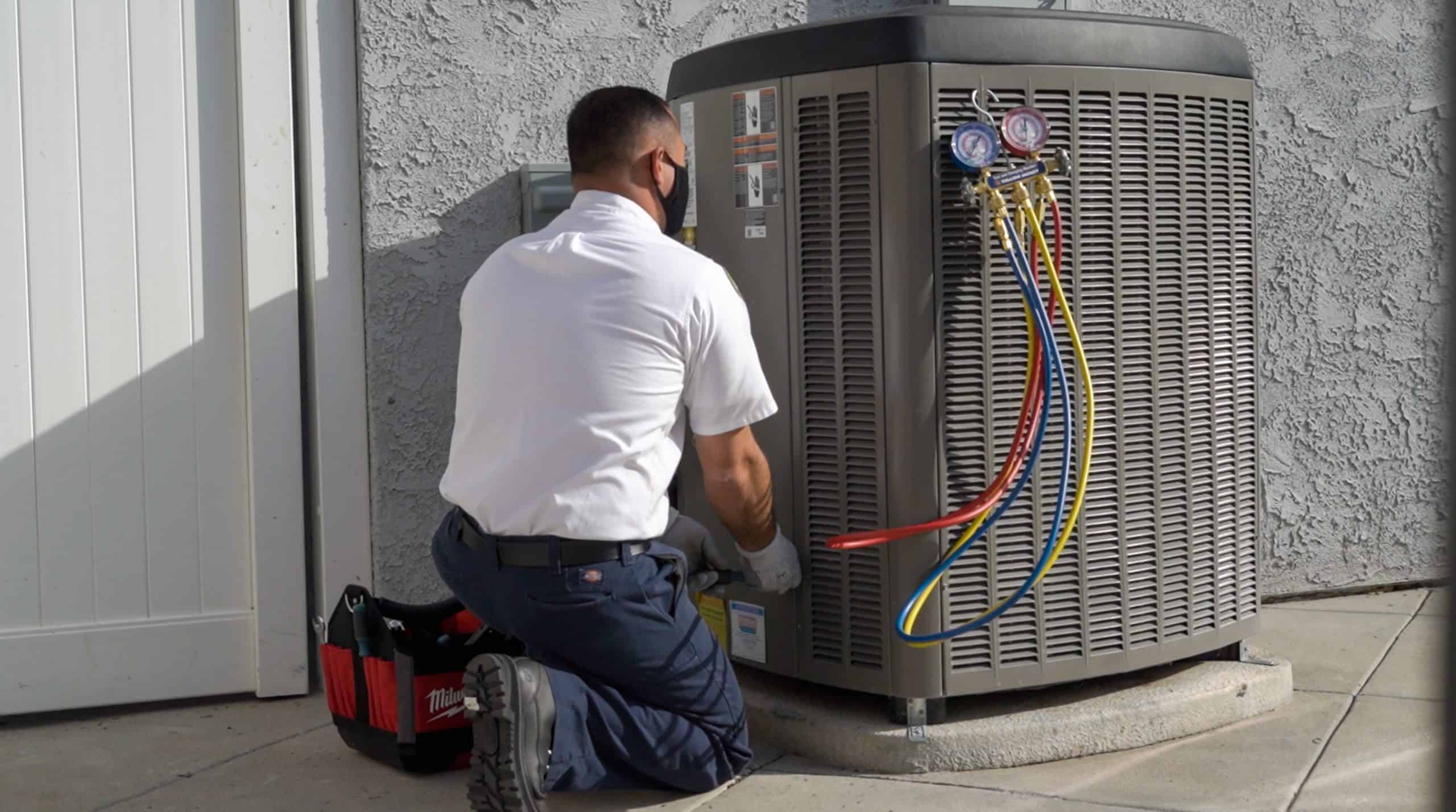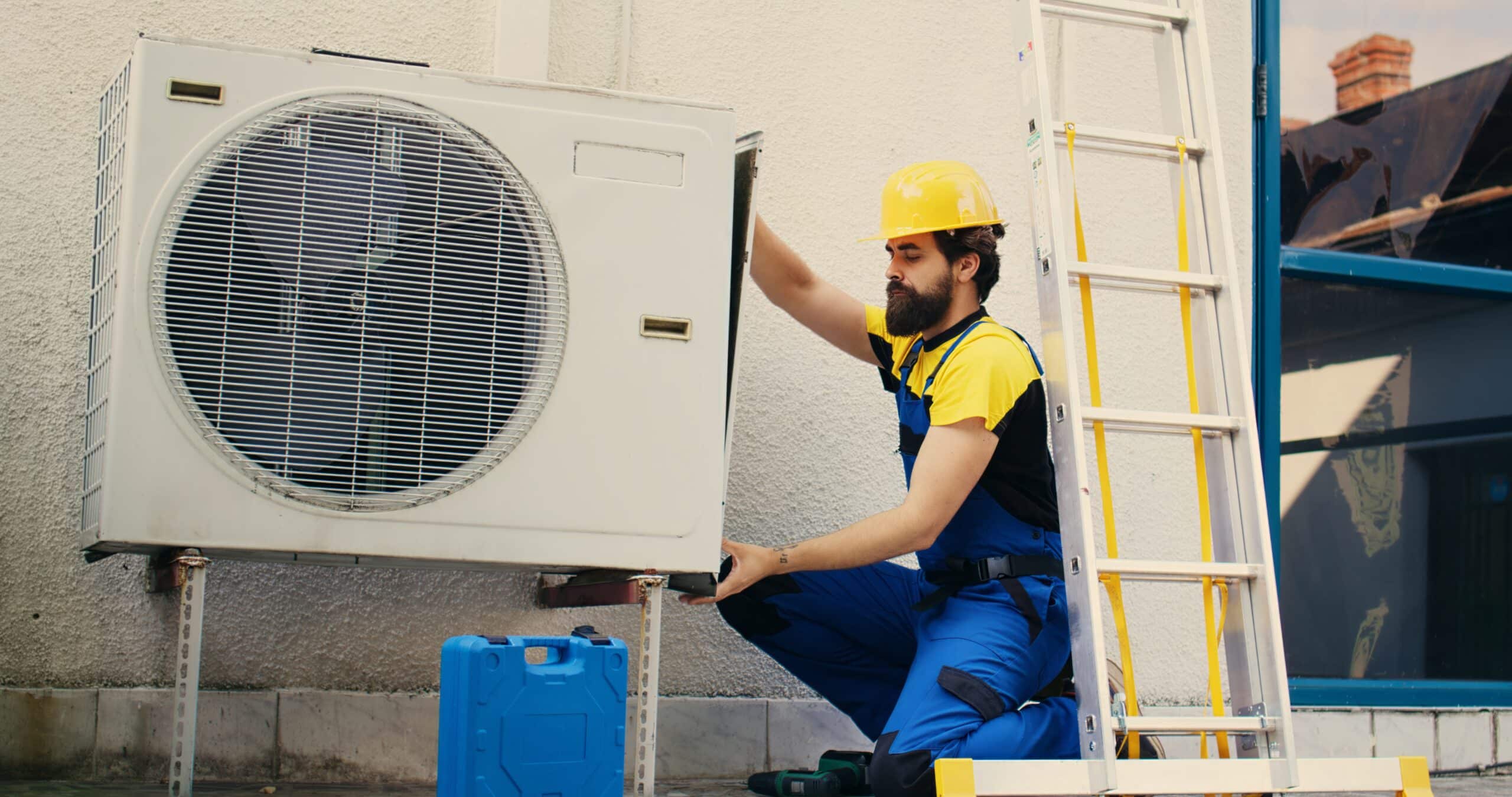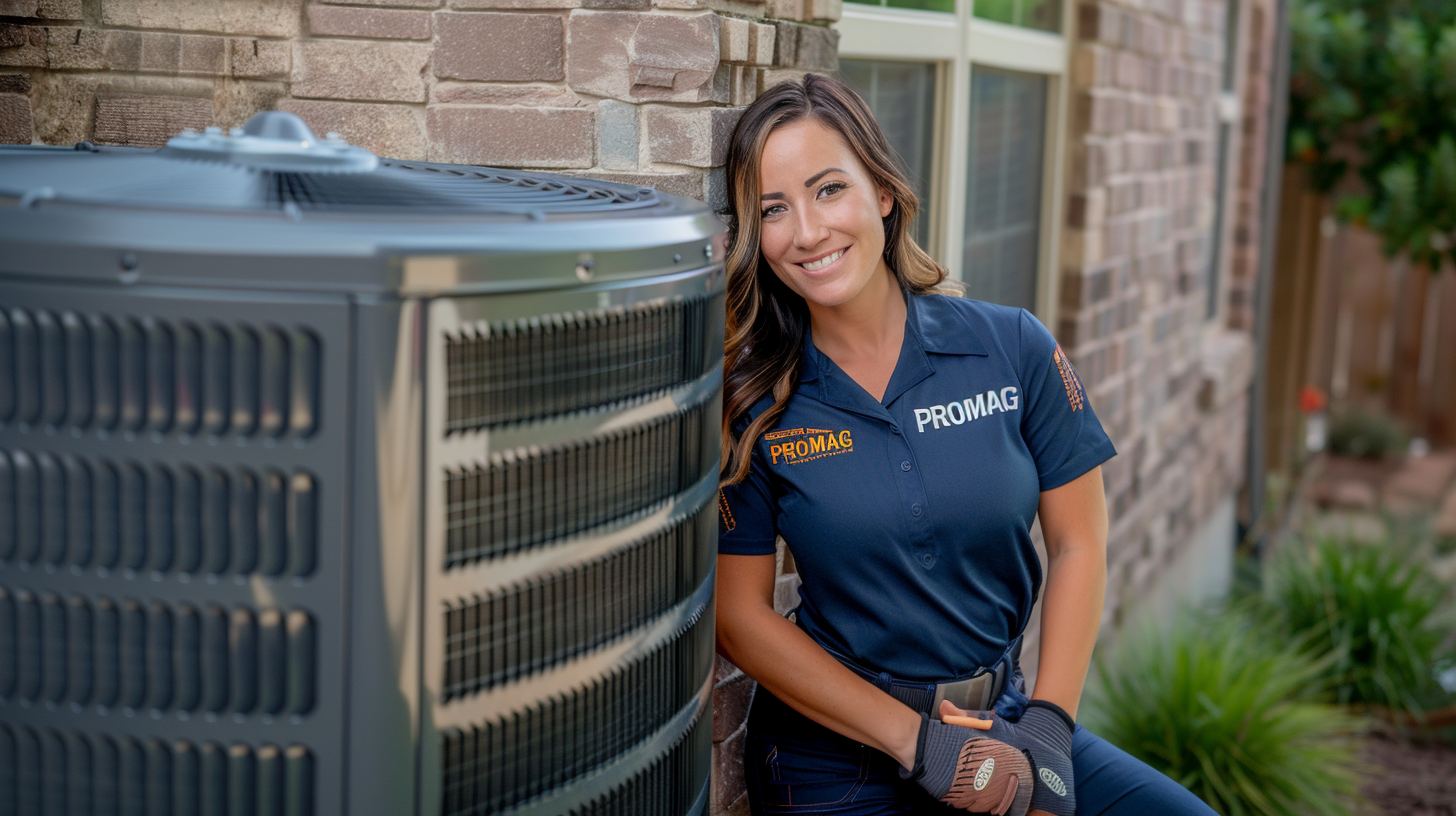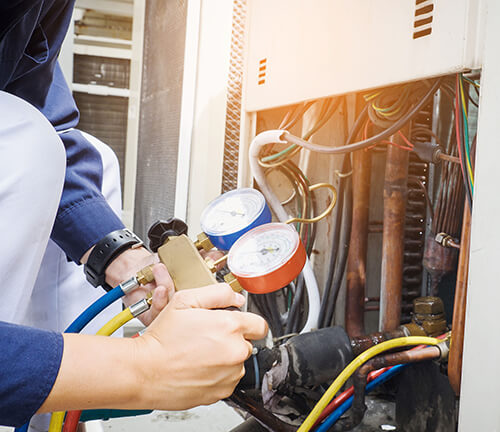Trust DMAKS HVAC for Top-Notch Heating and Cooling Services.
Trust DMAKS HVAC for Top-Notch Heating and Cooling Services.
Blog Article
How to Select the Right Heating And Cooling System for Your Needs
Selecting the suitable cooling and heating system is an important choice that needs cautious consideration of numerous elements. Begin by examining your home's size, layout, and one-of-a-kind requirements, as these elements determine the required capacity and arrangement of the system. Additionally, developing a budget that includes installment and long-lasting functional prices is necessary. As you consider your choices, recognizing power efficiency scores and the effects of your local environment will certainly play a considerable duty in your option. The myriad of system types available can complicate this procedure, leading one to question which course inevitably leads to optimal comfort and effectiveness.
Analyze Your Home Dimension
Examining your home size is a critical initial step in selecting the appropriate cooling and heating system. The dimension of your home straight influences the cooling and heating capacity required for effective climate control. An a/c system that is also small will have a hard time to maintain comfy temperatures, causing boosted energy usage and endure the system. On the other hand, an extra-large system can result in short cycling, insufficient moisture control, and inefficient procedure.
To accurately evaluate your home dimension, gauge the square video footage of each space, considering elements such as ceiling height and the format. Additionally, take into consideration the insulation quality and the number of windows, as these aspects influence thermal performance. Residences with open layout may need different system setups contrasted to those with numerous divided areas.
Utilizing the Handbook J tons estimation technique can give an extra specific estimate of your HVAC needs. This approach represent different variables, including neighborhood climate, solar gain, and tenancy patterns. By carefully assessing these aspects, you can guarantee that your picked cooling and heating system is suitably sized, leading to improved convenience, power efficiency, and durability of the tools.
Determine Your Spending Plan
Establishing your spending plan is a pivotal action in the HVAC system choice procedure, as it establishes the specifications for your alternatives - DMAKS HVAC. A cooling and heating system is a considerable investment, and understanding your economic restrictions will aid limit choices that fit within your ways
Begin by assessing not just the first purchase price however additionally setup prices, which can vary substantially depending upon the intricacy of the job. Think about ongoing expenses such as upkeep, repair work, and energy usage. A system might appear economical at first but can lead to greater costs over time if it is less reliable.
It is advisable to designate a contingency fund for unanticipated expenses that might develop throughout setup or first system changes (DMAKS HVAC). Furthermore, explore financing options or refunds that might be readily available, as these can reduce the worry of upfront costs
Inevitably, having a clear budget plan allows reference you to involve with a/c professionals better, ensuring you obtain customized advice that aligns with your economic objectives and home demands. By being thorough concerning your budget plan, you can make educated decisions that enhance comfort without compromising economic security.
Evaluate Energy Efficiency
Power efficiency plays a crucial duty in the general efficiency and cost-effectiveness of your HVAC system. Look for systems with a high Seasonal Power Effectiveness Ratio (SEER) for cooling down and a high Annual Fuel Utilization Effectiveness (AFUE) rating for heating.
In addition, consider the Power Star qualification, which represents that the system fulfills strict efficiency standards set by the Epa. Buying an Energy Star-rated a/c system can result in significant financial savings gradually, particularly in areas with severe temperature fluctuations.
An additional factor to examine is the system's dimension and capacity. A large or small system can result in ineffectiveness and increased power expenses. DMAKS HVAC. Appropriate sizing, frequently figured out via a Hands-on J tons estimation, makes sure that the system runs at optimum effectiveness


Consider Climate and Setting
When selecting a cooling and heating system, it is important to think about the local environment and environmental problems, as these elements substantially affect the system's efficiency and performance. Various regions experience differing temperature extremes, humidity degrees, and seasonal more helpful hints changes, all of which effect heating and cooling needs.

Moreover, neighborhood environmental factors, such as air top quality and potential irritants, should educate your option. Systems geared up with innovative purification innovations can help reduce contaminants and provide cleaner air. In addition, think about the power resources offered in your area-- some cooling and heating systems are extra efficient when powered by gas or renewable resource resources.
Ultimately, straightening your cooling and heating system selection with your local environment and environmental factors to consider will cause improved convenience, boosted performance, and reduced energy costs.
Explore System Types and Functions
As home owners look for to maximize comfort and effectiveness, checking out the different sorts of cooling and heating systems and their one-of-a-kind attributes becomes important. The main types of heating and cooling systems include main air conditioning, warmth pumps, ductless mini-split systems, and heaters. Each system supplies distinctive benefits customized to different needs and preferences.
Central air conditioning systems provide consistent air conditioning throughout a home, making them excellent for bigger rooms. Heatpump function as both heating and cooling remedies, making use of power to move warm, which can result in reduced power expenses. Ductless mini-split systems are becoming increasingly preferred because of their versatility and ease of installment, permitting house owners to control the temperature in specific rooms without extensive ductwork.

Conclusion
To conclude, selecting the suitable a/c system requires careful factor to consider of various variables, including home size, budget plan constraints, power effectiveness, neighborhood climate, and readily available system types. A complete evaluation of these aspects makes sure optimal comfort and cost-effectiveness. By adhering to an organized technique, home owners can make enlightened choices that align with their certain requirements and preferences, eventually leading to enhanced interior air top quality and power savings.
Report this page